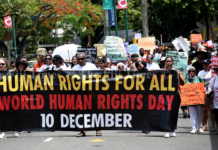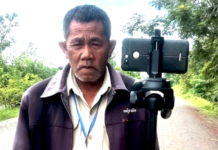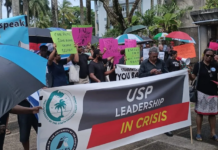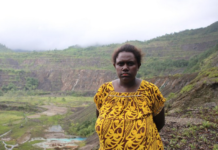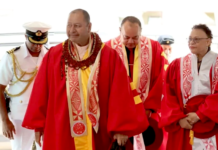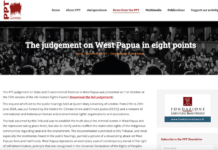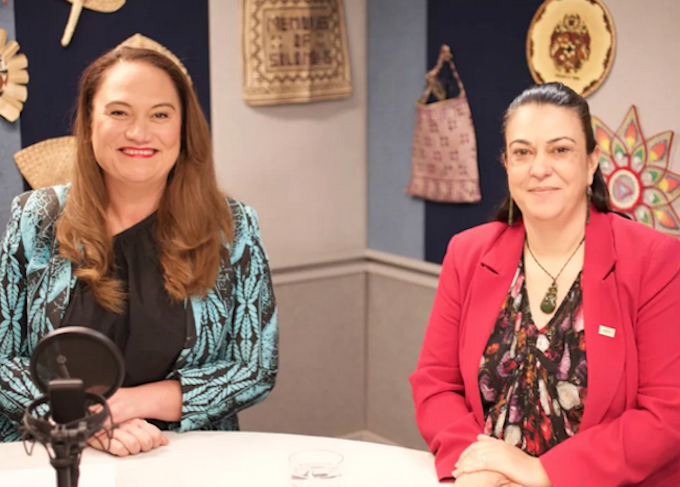
By Eleisha Foon, RNZ Pacific journalist
The Pacific Election 2023 debate kicked off today with one of the most pressing issues for Pacific communties — an amnesty for overstayers.
The Dawn Raids apology was two years ago, and weeks out from the election, the Labour Party has announced it would offer a lifeline for long-term overstayers in New Zealand.
It followed anger from Pacific community leaders, disappointed it had not happened in all the years following the apology.
- READ MORE: NZ election 2023: Bryce Edwards: The most hollow campaign in living memory
- Other NZ election 2023 reports
On the panel were Labour’s Carmel Sepuloni, National’s Fonoti Agnes Loheni, ACT’s Karen Chhour and Teanau Tuiono from the Green Party.
Labour’s Sepuloni said the amnesty announcement was not an attempt at baiting voters.
“You have to think about everything that has been expected of Immigration New Zealand in the last couple of years and the immense pressure that they have been under,” Sepuloni said.
An amnesty would be granted “in the first 100 days if we are re-elected,” she said.
Green support for amnesty
The Green Party would also suppport an amnesty for overstayers.
“Amnesty for overstayers is more than timely. It is late,” said Green Party Pacific Peoples spokesperson Teanau Tuiano, criticising Labour for taking too long.
The Pacific Issues Debate. Video: RNZ Pacific and PMN
Meanwhile, both National and ACT would not back an amnesty.
National leader Christopher Luxon had previously said it would send the wrong message and encourage “rule breakers”.
National’s Pacific spokesperson Loheni said the the Dawn Raids was no doubt “discrimination and abhorrent”.
But, she took the side of people “working hard to go through the legal steps to become residents”.
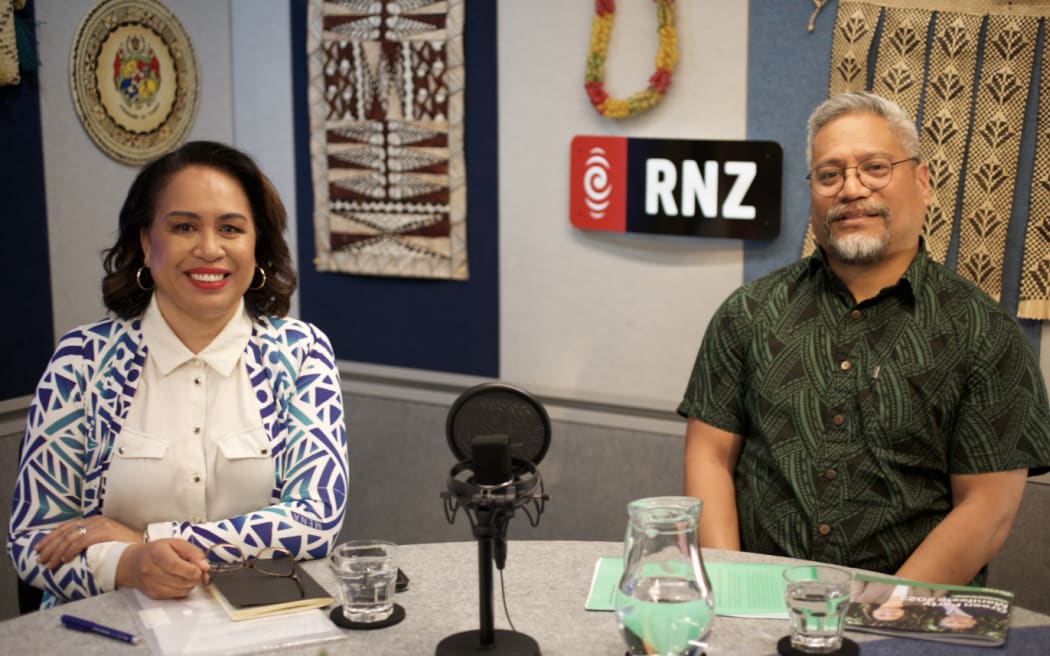
Health
Around 40 percent of New Zealanders — and half of Pasifika people — cannot afford dental care.
The Green Party plans to make dental care free for everyone — paid through a wealth tax system, which the Labour Party had already ruled out.
However, the Labour government said it would provide free dental care for everyone under 30 years old.
Dental care in New Zealand is free until a person turns 18 years old. But this excludes orthodontic care, i.e. braces because it is classed as “specialist dental care”.
National’s plan to tackle the health crisis was to attract an overseas workforce and plug the nurses and doctor shortage within New Zealand. Loheni reiterated her party leader’s stance and refused to back “race-based” policies but did acknowledge the hardships Pacific people faced.
“The numbers are grim for the Pacific. We need to get more of a workforce here,” Loheni said.
“The health system is in absolute crisis. We are 4800 nurses short. We are about 1700, GP’s short and about 1000 midwives short,” she said.
ACT Party candidate Karen Chhour said, “I’m hearing all around the country and especially up north and just the lack of GPs up north.”
Chhour said it was about helping to “ease pressure off hospital services” and “investing in the front line services”.
Two thirds of students experience poverty.
“Why would you go into university to study medicine . . . we would pay this through a wealth tax,” Greens Tuiano said.
This policy is expected to provide a guaranteed income for students or a person who has fallen out of work to help them get through university.
Labour said it would address health inequities because Pacific and Māori people were more disadvantaged.
“It has been incredibly ugly on the campaign trail . . . the level of racism that is resulted because of the rhetoric around measures like this, when they are purely equity measures and they should be embraced by everyone,” Sepuloni said.
She said seen since 2019, around 1000 health scholarships had been given to Pacific people.
Housing
One in 10 Pacific (11 percent) children live in damp and mouldy homes, where they are 80 times more likely to develop acute rheumatic fever, which can lead to heart disease and death.
Sepuloni said: “We have increased that by 13,000 homes, stopped selling them off. We have got 2700 Pacific people signed up with our programme that provides them with support to pathway into home ownership . . .
“Some of our Pacific populated areas are getting investment that they never had before. Like the NZ$1.5 billion we put into put it for housing revitalisation.”
But ACT’s Chhour hit back and said the “government should be held to the same account as landlords”.
“Kāinga Ora is one of the worst landlords in some cases where they do not meet those standards and where they have got extra time to meet those standards,” she said.
Green’s Tuiono said prices for rentals needed to be capped to protect tenants.
“There are 1.4 million renters within New Zealand and many of those people are our people.”
National’s Loheni said she “grew up in a state house with a crowd 15 people. One of my sisters has lived with asthma her whole life and it put her behind in school”.
She said under the Labour government “rents have gone up $180 per week.
“Unfortunately, we still need social housing, emergency housing. We have got 500 people living in cars at the moment. So we got a priority category to move those people who have been living in cars further up that social housing list.”
Education
Pasifika students face significant achievement gaps and underfunding, while teachers struggle with complex job demands and mental health issues.
“The government has failed our students,” Loheni said.
Loheni got emotional during the debate when sharing the declining pass rates of some Pasifika students.
“Only 14.5 percent Pasifika students reach the minimum curriculum for maths compared to the rest of the population of 41.5 percent,” she said.
“Please don’t say it’s covid because why is it Pasifika students, the lowest of all groups, and nothing has been done.”
Sepuloni defended her party, and said it had invested $5 billion into the education system – mainly “towards pay for teachers”.
Chhour said there’s a lot of pressure on teachers.
“Not only are they teachers, social workers, kids have been through a lot. They have effectively had interrupted education for the last three years.
“A lot of them are feeling anxiety about whether they agree with your exams. A lot of them are suffering from mental health issues . . . so teachers are dealing with all of this on top of actually trying to educate our kids.”
She said under the ACT party, they wanted to “bring back” charter schools and partnership schools for young people “who didn’t quite fit into the education system”.
Greens’ Tuiono said the government’s payout to support teachers was “vital”.
“I talked to some teachers where their pay rise hasn’t kept up with inflation for 10 years.”
Crime
Almost half of our Pacific children are likely to live around family violence. Pacific children are twice as likely to be hospitalised due to assault, neglect and maltreatment.
Sepuloni said it was about addressing “intergenerational impacts”.
She said sending more young people to prison was “an opportunity for gangs to actually recruit once they’re in there”.
Instead, a programme they had put in place addressed this issue and had seen more than 80 percent of young offenders not go on to reoffend.
“It actually requires full wraparound support for not just them but for their siblings and their families.”
Loheni said the National Party would address the rise of RAM raids and through “social investment,” and planned to put young people through military and cadet training, which studies had previously shown to be ineffective.
“We do have policies around military academies where they are going to have wraparound support, note that they do work.”
Tuiono disagreed. “Locking them up into boot camps that just won’t work.”
“We also have to address those underlying drivers of poverty because if you have the stable home life, there’s food on the table, you know the family can afford to keep the lights on, that helps to stabilise our families.
“That’s what we should be doing,” he said.
Climate change
National plans to “double renewable energy, help farmers clean up in the areas and invest in public transport,” Loheni said.
Sepuloni said Labour was “action oriented” and their “track record” with the Greens “goes to show that we have been able to reduce carbon emissions”.
Tuiono said “a vote for the Greens is a vote for climate action”.
“We have got some money set aside to support our towns and our councils to make their towns and councils more more climate resilient.”
ACT’s Chhour said the party would be looking at how “we’re building our infrastructure and adapting to climate change”.
This article is republished under a community partnership agreement with RNZ.








